Today, technological innovations are quickly changing how businesses operate by improving efficiency in service delivery. Hotels and restaurants are riding the wave by incorporating high-tech systems in their kitchen setups to increase productivity.
In addition, the smart technology revolution is inspiring entrepreneurs in the hospitality industry to change their service provision strategies. They give clients reliable internet connection from hospitality broadband providers, such as https://waveinternet.co.uk/hotel-broadband.
But they know the advantages of technology don’t stop there.
Now, hotels and restaurants profit from embracing contemporary tech to make work easy for kitchen management. While it may not be true for all hospitality kitchens just yet, it’s only a matter of time before smart technology becomes a staple in all these spaces.
Below are nine ways smart technology is improving hotel and restaurant kitchens.
1. Stock Management
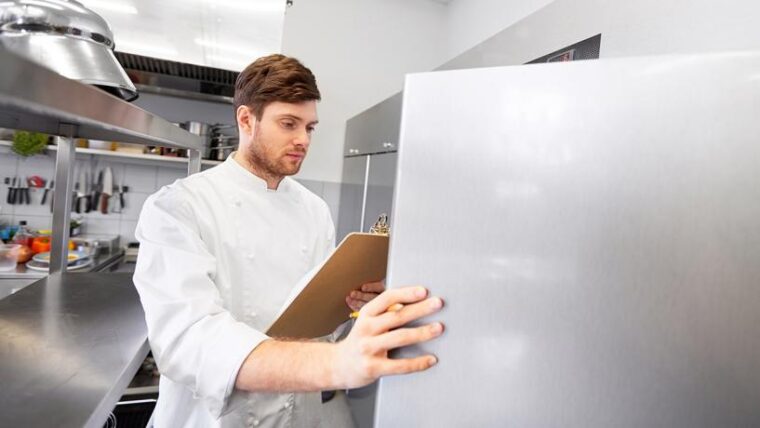
A crucial point for hotel and restaurant management is being able to control inventory. You cannot operate without knowing what’s in your pantry or which utensils and appliances need replacement.
Fortunately, certain smart technologies and software provide a convenient avenue for you to keep track of your purchases and the expected date of delivery. Also, it can help you plan finances better when deploying modern kitchen equipment, and ensure consistency in service provision.
2. Efficient Food Preparation

Gone are the days of noisy kitchens and confusion when serving food to customers. Digital advancements are changing the food preparation system by streamlining orders for the kitchen.
Waiters or attendants can enter customer requests in an operating system and wait for food to be brought forward by the kitchen staff. This helps improve efficiency and prevents the possibility of miscommunication between waiters and kitchen staff.
3. Safer Working Environment
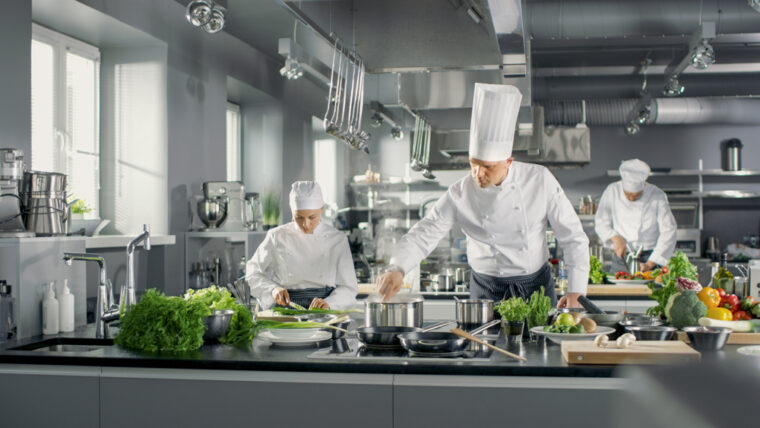
The installation of modern gadgets such as smoke sensor alarms or fridge lock guards helps reduce the occurrence of accidents in the kitchen. Hazard detection devices, like noise meters, are also gradually being introduced to enhance safety in the working environment.
In kitchens that utilize these, the staff is taken through induction training to learn how to respond to alarms raised by the smart technology in their working space.
4. Reduced Food Waste

With smart technology, hotel and restaurant kitchens can also significantly reduce the amount of food wasted in their operations. In addition to being able to manage your inventory better and thus track when ingredients should be used before they spoil, you can also monitor the establishment’s food waste.
This allows management to identify patterns and factors that may be contributing to the waste. For example, perhaps the hotel or restaurant is buying too much of one ingredient each month, but the perceived demand for the dish it’s used for doesn’t quite match up. Adjustments can then be made so that the kitchen is stocked with just the right amount each month. This allows you to reduce food waste, and it also allows you to save on costs where possible.
5. Improved Staff Management
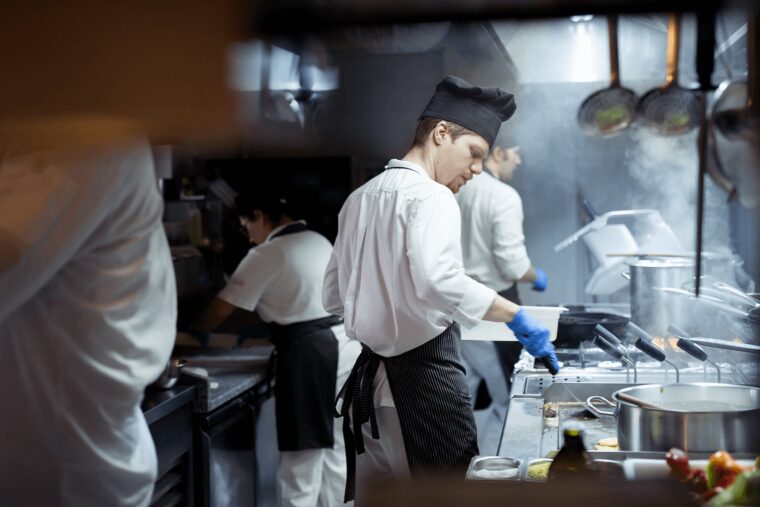
Typically, clock-in/clock-out systems are in place to manage the kitchen staff and monitor their working hours and overtime hours. Using smart technology such as a biometrics system could help further enhance staff management. Once all staff details are input into the system, clocking in or out is made simpler; it can be done with the simple tap of a finger. The problem of time theft is solved, as the system only records accurate times and can’t be tampered with. In addition, this helps make for a more accurate payroll because staff’s work hours are logged automatically.
Certain smart systems also allow you to promote reward schemes for staff and to track key performance indicators. This is a good way of nurturing teamwork and encouraging everyone to work hard to achieve a common goal, knowing that there are incentives once certain targets, such as zero food waste, are achieved.
6. Data Management
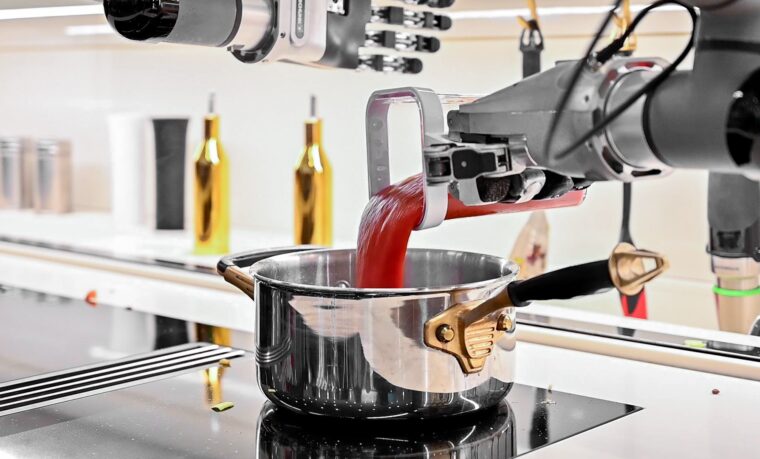
Smart technology also helps kitchens improve their operations through better data management. It provides secure storage for important data used in the establishment’s operations, such as special recipes, licenses, kitchen inspection certificates, and the like.
With all this data in a smart system, the management staff can easily access the documents they need without having to sort through physical files. If the data is being stored in the cloud, it also saves staff from physically going to the kitchen to access it.
7. Access Control
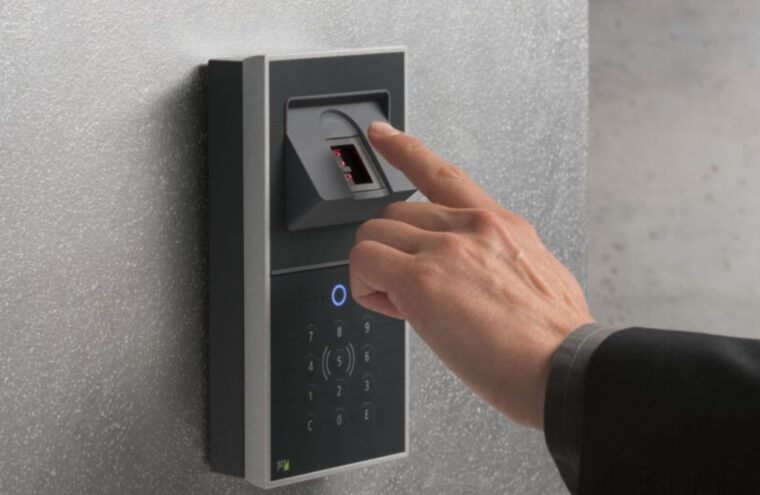
The kitchen is a sensitive area in any hotel and restaurant setting. Therefore, it is only meant to accommodate the staff who were vetted and qualified to work there. This mitigates the chances of food safety being jeopardized by individuals who may not know the proper safety practices in the kitchen.
Having a smart access control device installed can allow you to monitor the people who enter the kitchen area, as well as the things that get brought in. This way, you can further minimize the chances of food contamination and other biohazards.
8. Efficient Kitchen Equipment
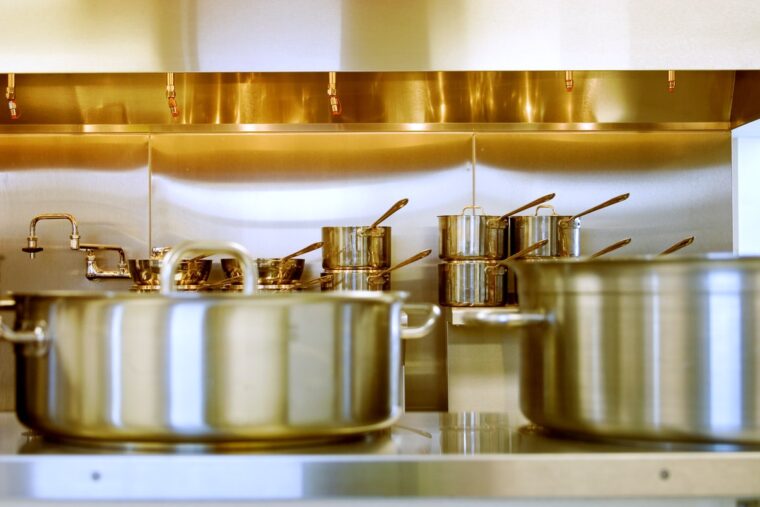
These days, certain kitchen equipment has smart counterparts as well. From microwaves to coffee machines and even to faucets, you can now have voice-activated or app-controlled appliances.
These technologies have made a significant impact in improving efficiency in food production. With them, the staff is able to multitask and maximize productivity in their respective workstations.
9. Live Recording For Kitchen Marketing

Smart technology provides hotels and restaurants with the opportunity to showcase their prowess in the kitchen. It’s a marketing strategy that has been adopted by many eateries to attract more customers to their establishment.
In addition to acting as a security system, cameras and other recording devices are able to capture the activity in the kitchen and the preparation of dishes. This footage helps draw in customers who may be curious about the meals served by certain hotels and restaurants.
Conclusion
If you’re looking to improve and streamline your kitchen operations, smart technology is easily the best way to achieve this. Not only does it allow for better management of inventory and data, but it also helps track staff performance and enables employees to work more efficiently.
The advancements in kitchen services can be attributed to the implementation of this equipment and appliances. If you want your establishment to maintain relevance and compete effectively against others in the hospitality industry, it’s important to keep up with the ever-changing digital ecosystem.
